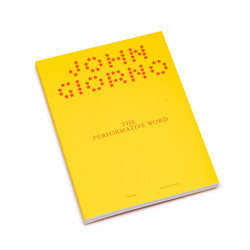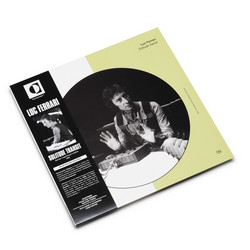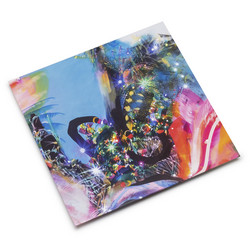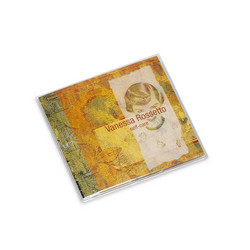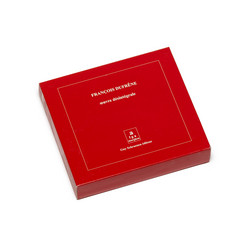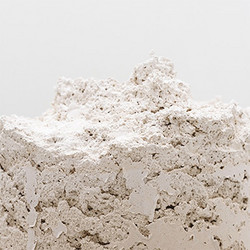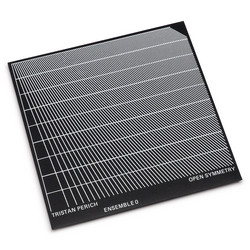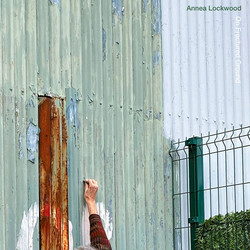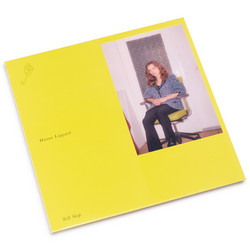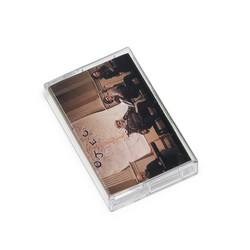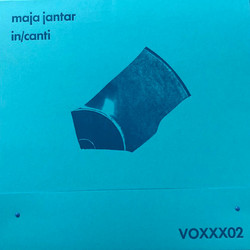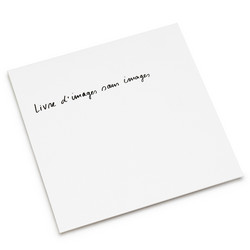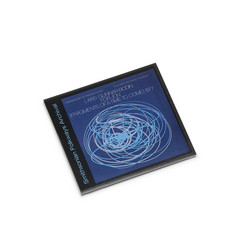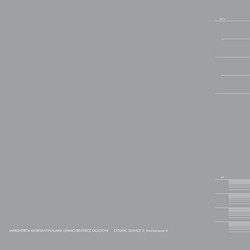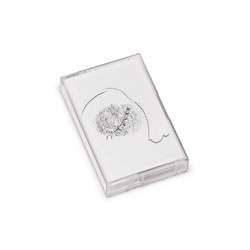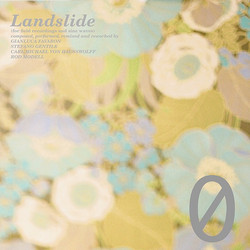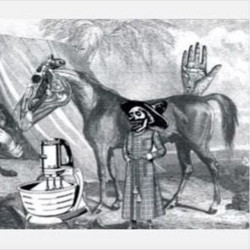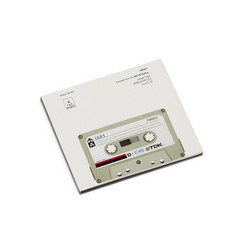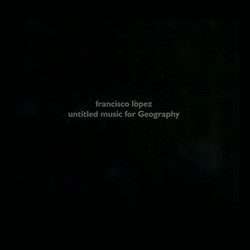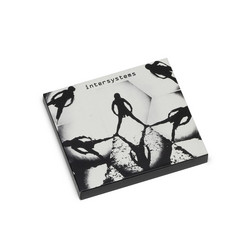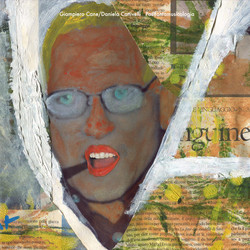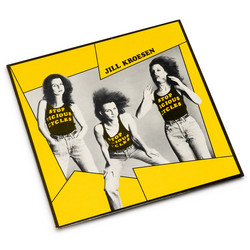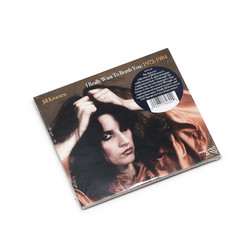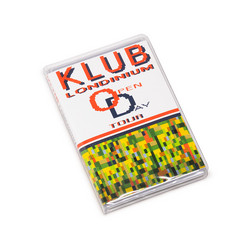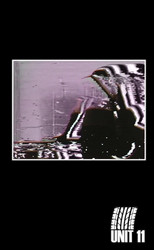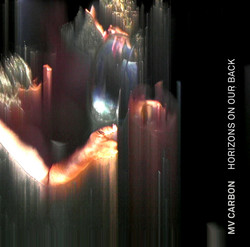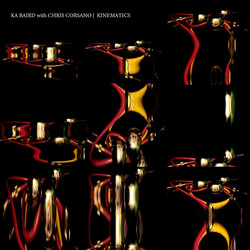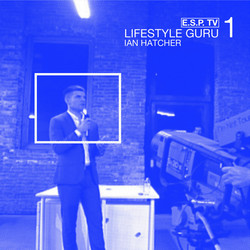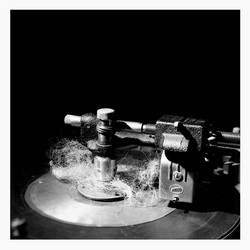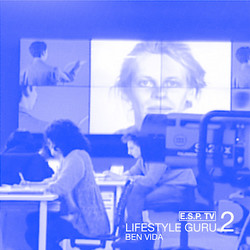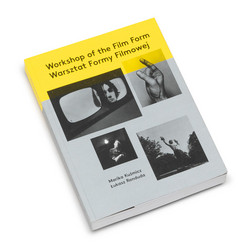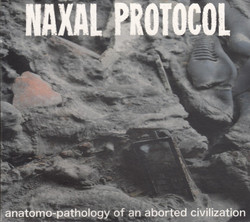Jill Kroesen
E.S.P. TV Lifestyle Guru 3: How to Survive a Pshycopathic Presedency
Label: Various/Artists
Format: Lathe Cut 7" Ltd. Edition 100 with Laser Etching
Genre: Sound Art
Out of stock
Artist, composer, and singer Jill Kroesen was an essential figure in the 1970s downtown New York performance milieu, working at the intersection of experimental music and then-emerging performance art. After studying at Mills College with composer Robert Ashley, she embarked on a series of performances that defied categorization, such as Stanley Oil and His Mother: A Systems Portrait of the Western World (1977), The Original Lou and Walter Story (1978) and Excuse Me, I Feel Like Multiplying (1979). With these performances, she invented a space between structuralist theater, graphically-scored musical composition, and cabaret. In the words of performance critic Sally Banes, “condensing political events with soap opera plots and infantile rationalizations about the way the world works,” Kroesen’s “systems portraits,” as she came to call her works, manifested socioeconomic, sexual, and gender politics through funny, ramshackle, and chaotic performances.
3rd release in this series from the “How to Survive a Psychopathic Presidency” by Jill Kroesen, is well... pretty self explanatory. Akin to a motivational speach that must be heard. Jill Kroesen is a performer and writer who was active in No Wave rock bands and avant-garde productions. She has produced original music theater works and written for many independent publications. After studying with Robert Ashley and Terry Riley at Mills College, Kroesen moved to New York City. There, she worked briefly in Rhys Chatham's group before focusing on her own musical theater works and performance art works, presented in 1979 at Public Arts International/Free Speech.
Other roles include Robert Ashley's early-1980s opera-for-TV project Perfect Lives, and her own recording for Lovely Music, Stop Vicious Cycles. Kroesen's work in graphic and visual arts led to her receiving a video fellowship from the New York Foundation for the Arts in 1985, after which she continued her work as a video engineer.
Directed and programmed by E.S.P. TV (Victoria Keddie and Scott Kiernan), “Lifestyle Guru” occurred as a one-night performance inside the office set of their exhibition “WORK”. For WORK, E.S.P. TV made Pioneer Works’ staff the subject of a six-week performative, televisual installation by relocating the organization’s entire functioning office to a studio set in the main gallery.
The staff’s “daily grind” was mixed live, on-site, with custom video effects and hourly commercial interruptions in the space. Far from peddling in the sensational tropes of reality TV, WORK instead turned banal, day-to-day office routines and patterns—the movement of a chair, a co-worker getting coffee—into the improbable, playful content of a serial TV program on New York cable TV and online.
Other records in this series,Record #1 “Colony”, features Ian Hatcher as a chat-bot deconstructing a technocratic utopia through algorithmic poetry. Record #2, Ben Vida’s “Soft Systems Music”, uses facial recognition software as a compositional tool.
Each record is a unique handmade object, laser etched with accompanying material designed by the artists.
